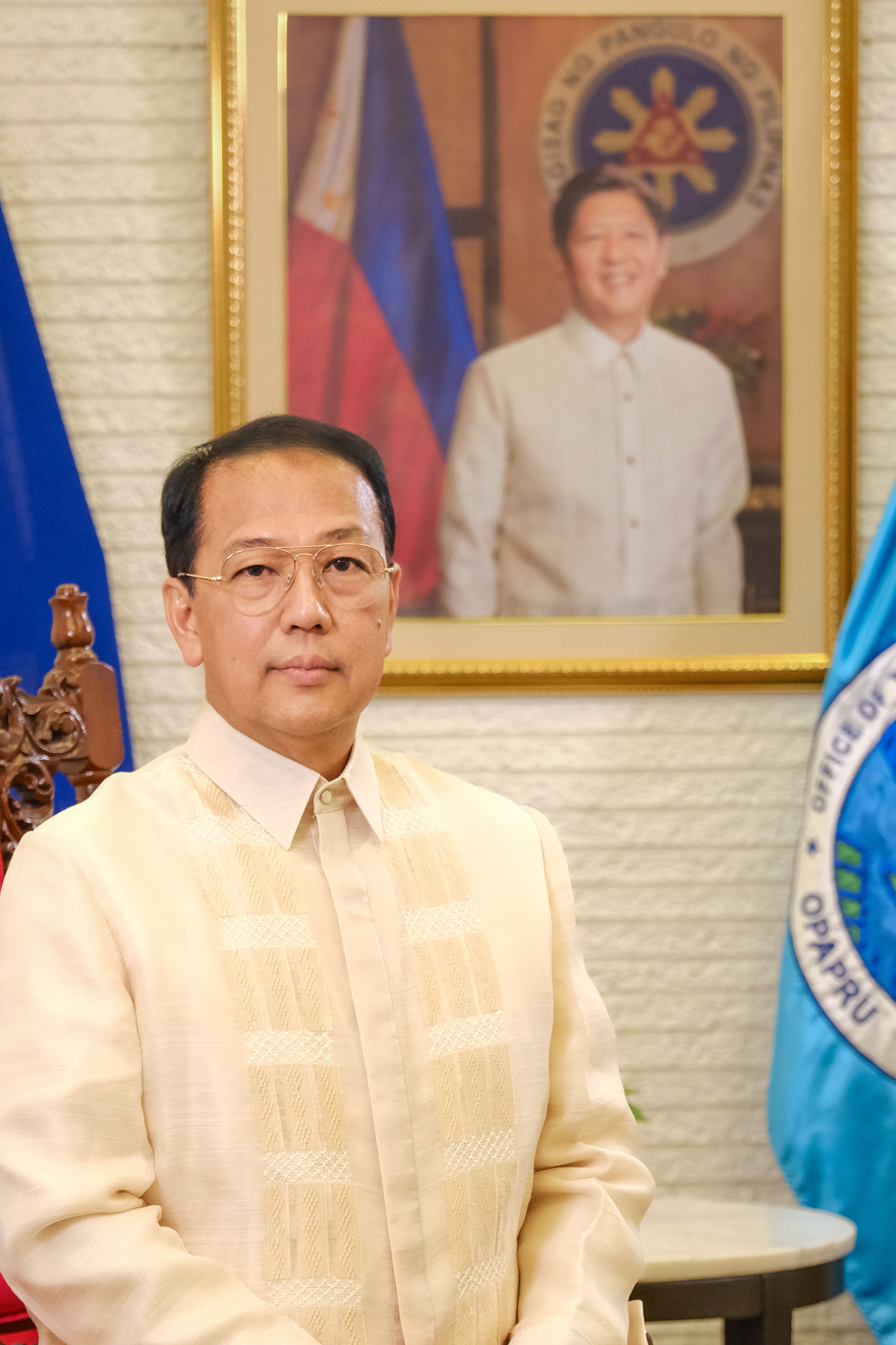PEACE BY PEACE

As President Ferdinand R. Marcos Jr. addressed the nation during the opening of this year’s National Peace Consciousness Month on Sept. 2, his message was loud and clear: Peace is the thread that binds our nation together.
Marking the 28th anniversary of the 1996 Final Peace Agreement with the Moro National Liberation Front (MNLF) during the launching, President Marcos Jr. underscored his vision of a more inclusive, harmonious, and united Philippines.
His speech served a powerful reminder to all Filipinos of the remarkable progress the nation has made over the years in tearing down the walls of fear, mistrust, and animosity and building bridges of mutual respect, understanding, and solidarity.
Among the major points the President made in his address was the importance of collaboration, compromise, and the ability to go beyond long-held mindsets, biases, and prejudices in order to forge a path towards a peaceful resolution to conflict.
He highlighted the 1976 Tripoli Agreement, which was inked during the administration of his father, former President Ferdinand E. Marcos Sr., as the foundation for the peace process with the MNLF.
The peace deal forged in Libya would pave the way for the signing of the 1996 Final Peace Agreement between the Government of the Philippines and the MNLF, starting a new chapter for the Moro people.
The President also cited the Bangsamoro Organic Law (BOL) signed in 2018, which operationalized the Comprehensive Agreement on the Bangsamoro (CAB), as it became “a testament to the value of peace for Filipinos.”
And through the creation of the Bangsamoro Autonomous Region in Muslim Mindanao (BARMM) in 2019, President Marcos Jr. noted that the BOL enshrined “the hopes and dreams of the Bangsamoro people,” providing them with meaningful autonomy.
The President pointed out the significance of the BOL and other peace milestones, reminding us that peace is achieved through “conversations, concessions, and compromise,” even when negotiations reach a tipping point.
President Marcos Jr. acknowledged that the road to peace has been long and difficult. However, its dividends – increased investments, a lower poverty rate, and more job opportunities for the region’s people – are undeniable.
In his speech, the President also urged stakeholders to help ensure that the upcoming Bangsamoro parliamentary elections to be held next year will be peaceful, orderly, and credible.
These elections, the first to be held in the region since its creation, will formalize BARMM’s role within the national government, marking an important milestone in the Bangsamoro peace process.
Throughout his address, the President shone the spotlight on the various peace stakeholders, which included the MNLF, the Moro Islamic Liberation Front (MILF) and Cordillera Bodong Administration-Cordillera People’s Liberation Army (CBA-CPLA).
He also thanked the Rebolusyonaryong Partido ng Manggagawa ng Pilipinas/Revolutionary Proletarian Army/Alex Boncayao Brigade-Tabara Paduano Group (RPMP-RPA-ABB-TPG), now called KAPATIRAN, and the donor community for their invaluable contribution to peace.
In particular, President Marcos Jr. commended the MNLF for supporting the national government in its fight against terrorism and ensuring stability in the provinces of Basilan, Sulu, and Tawi-Tawi.
The President also underscored his commitment to ending all armed conflicts in the country. As he has said, time and again, the government is determined to implement all signed peace agreements throughout the country.
The President’s pledge to find a “principled and peaceful resolution to internal armed conflicts” reflects his administration’s vision of building a nation where each and every Filipino will benefit from the dividends of peace.
He made it clear that peace is not just about silencing guns. Rather, it is about creating the conditions where peace can take root and flourish. This means fostering an environment where dignity, respect, and unity prevail, and where no Filipino shall be left behind.
The President’s pledge to pursue peace with “neither blame nor surrender, but with dignity for all” signals a major shift from an adversarial mindset to one that is anchored on peace, reconciliation, and unity.
As the nation commemorates National Peace Consciousness Month, the President’s words serve as a clarion call that with a determined government and a united citizenry, the dream of a truly peaceful, prosperous and progressive Philippines is now within reach.
(Secretary Carlito G. Galvez, Jr. is the presidential adviser on peace, reconciliation, and unity.)